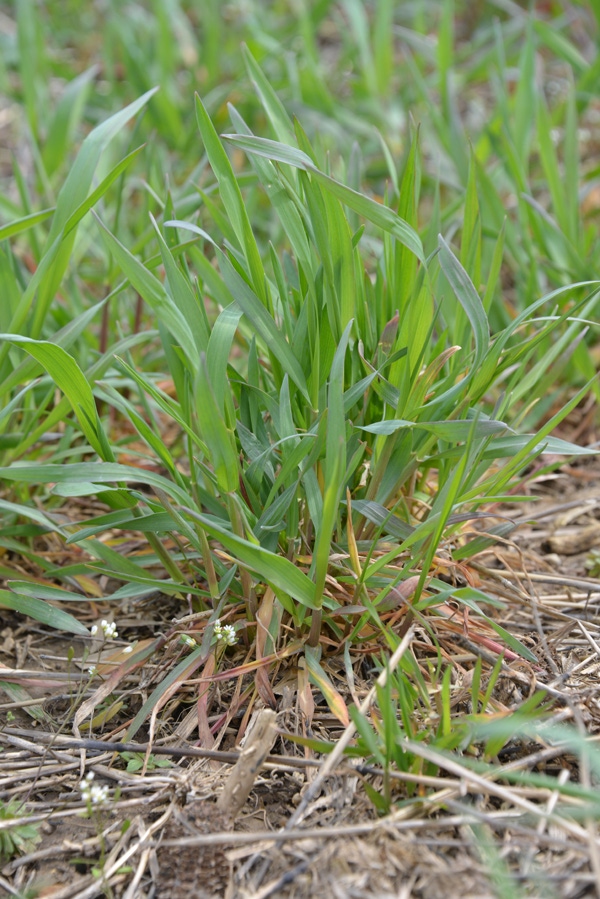August 3, 2016

Farmers can get a good grip on manure using cover crops, says an expert with Ohio State University Extension.
“Cover crops are an excellent practice to utilize nutrients from manure for growing grain crops,” said Alan Sundermeier, an educator in OSU Extension’s Wood County office. “Capturing the manure nutrients with a growing plant will keep the nutrients on the field and out of waterways.”
Sundermeier, who’s also the director of that office, will give tips on getting cover crops off the ground - and then eventually back into it - as part of Wednesday and Thursday’s North American Manure Expo. The event is in London, about 25 miles west of Columbus.
His talk, called “Establishing Cover Crops,” is one of four during the expo’s Cover Crops track, which goes from 5 to 7:30 p.m. Wednesday. It’s one of about 40 talks in 13 tracks during the event’s two days overall.
The expo’s theme is “Returning Nutrients to Their Roots.”
Good for soils, yields and water
Sundermeier said more and more farmers are growing cover crops - annual ryegrass, red clover, buckwheat and many others - for their benefits, which include reducing soil erosion and adding soil- and yield-improving organic matter.
Typically cover crops are planted - then later are killed by winter, plowed under or both - in between rotations of grain crops such as corn and soybeans.
But starting them can be a challenge, said Sundermeier, who said he hopes his talk makes it easier.
Tool for fighting algal blooms
“To be successful in establishing cover crops, producers need to match species selection to timing opportunities in the cropping system,” he said. “These opportunities may occur any time there’s sufficient soil temperature for growth — before, during and after the grain crop season.”
Sundermeier’s home county of Wood is in the Maumee River watershed, the heart of the battle to stop the harmful algal blooms plaguing Lake Erie.
One of the causes of those blooms is phosphorus runoff from farm fertilizers and manure. So growing nutrient-grabbing cover crops can help in the fight, Sundermeier said.
OSU Extension is the outreach arm of the College of Food, Agricultural, and Environmental Sciences at The Ohio State University.
How to register
The expo is at the Molly Caren Agricultural Center, 135 State Route 38 in London, which is part of the college, too.
Admission to the event is required to attend them. Online preregistration for both general admission (“Expo Pass”) and the tours is at go.osu.edu/2016ManureExpoReg.
Visit manureexpo.org for more information.
You May Also Like




